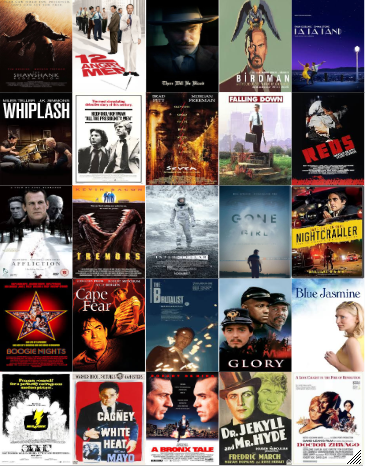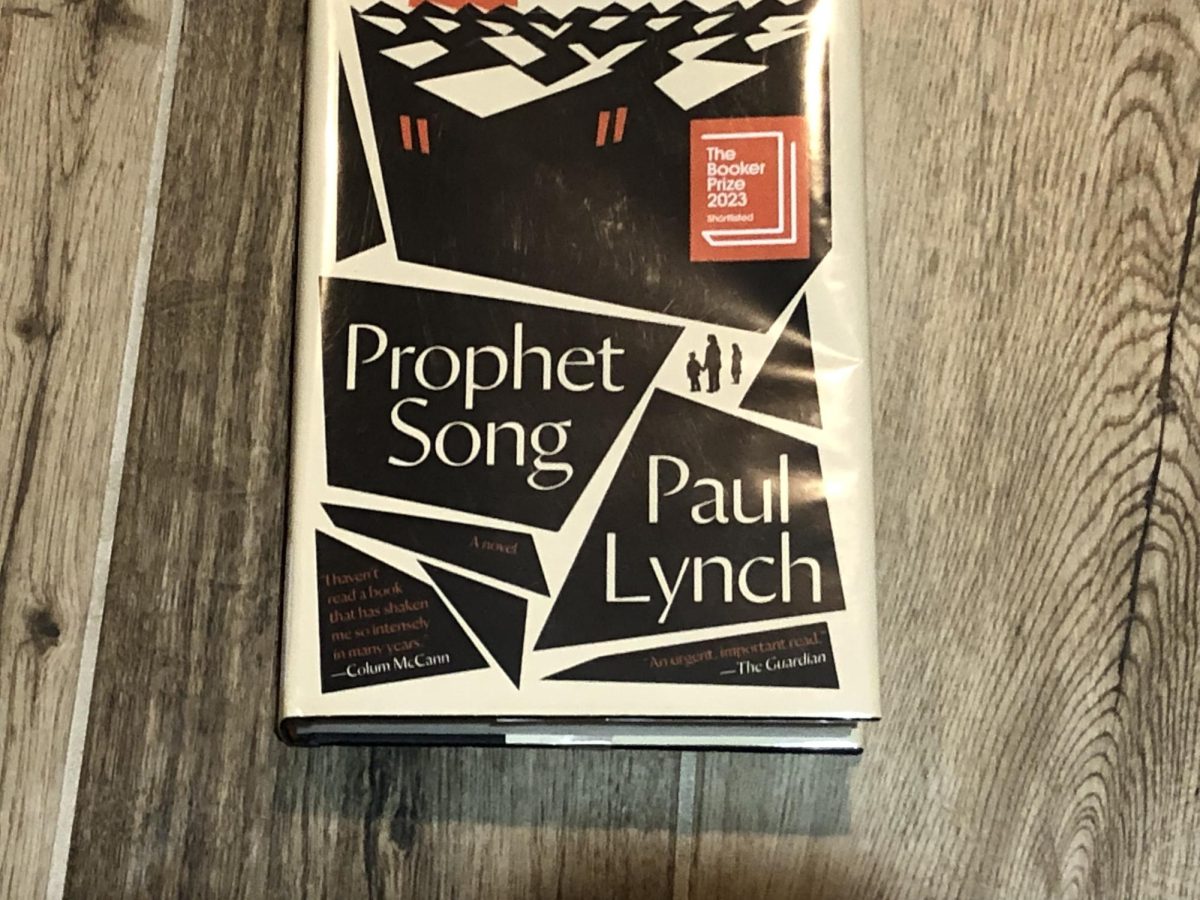The 2023 winner of the Booker Prize is Prophet Song by Paul Lynch, one of five Irish authors to win the prize as well as one of the three Pauls on the Shortlist. His winning novel is a work of speculative fiction that imagines future Ireland as a totalitarian state.
The ceremony took place on November 26 in Old Billingsgate, London and was live streamed via YouTube by popular book critic and content creator Jack Edwards. Nazanin Zaghari-Ratcliffe delivered a keynote speech on the impact of fiction based on her experience with literature while in solitary confinement in a prison in Tehran, as described on the Booker Prize website.
The Booker Prize is a prestigious prize in the world of literature that has recognized outstanding books from the U.K. and Ireland since 1969. According to the Booker Prize website, the winners are books that “[speak] to our current times” and “endure and join the pantheon of great literature.” This was Paul Lynch’s goal in writing Prophet Song: when explaining his inspiration for the novel in an interview posted on the Booker Prize website, he stated, “I was trying to see into the modern chaos. The unrest in Western democracies. The problem of Syria – the implosion of an entire nation, the scale of its refugee crisis and the West’s indifference… I couldn’t write directly about Syria so I brought the problem to Ireland as a simulation.”
Prophet Song is certainly a novel that remains with its reader even when they are nowhere near its pages. Lynch employs great degrees of foreshadowing and is quite adept at invoking foreboding imagery through motifs like trees and milk. It is evident that each word, event, and character have been carefully constructed to convey its message. Focusing on a mother as the main character inspires a strong sense of sympathy in the reader: the reader feels for her desperation to hold her family together and is saddened when her efforts are rebuked or fail. The writing style is certainly unique: there are no paragraph breaks, only line breaks, and basic conventions of sentence structure are not followed. Many sentences are either fragments or run-on. Although this contributes to the panicked tone of the novel, it also has its downside in that it makes the reading experience more complicated for the reader to the point where it almost hinders the enjoyment of the book by making it so difficult to understand. It also takes a while to get into: the early introduction of characters is confusing as there are many people to remember and they are more heavily referred to by names rather than relations to the main character, Eilish.
Still, there is no doubt that Paul Lynch’s novel has fit the bill for the Booker Prize, and the author is no stranger to winning awards. According to the Booker Prize website, his novel The Black Snow was the recipient of Prix Libr’à Nous, France’s bookseller prize, for the best foreign novel and another of his works, Grace, won the Kerry Group Irish Novel of the Year. He was grateful to add the Booker Prize to his list of accomplishments, stating in an interview posted on their website that “…a nomination, or a prize, is in its own way some loud applause, a pat on the back from the universe. And the Booker, of course, is the biggest stage of them all.”
































